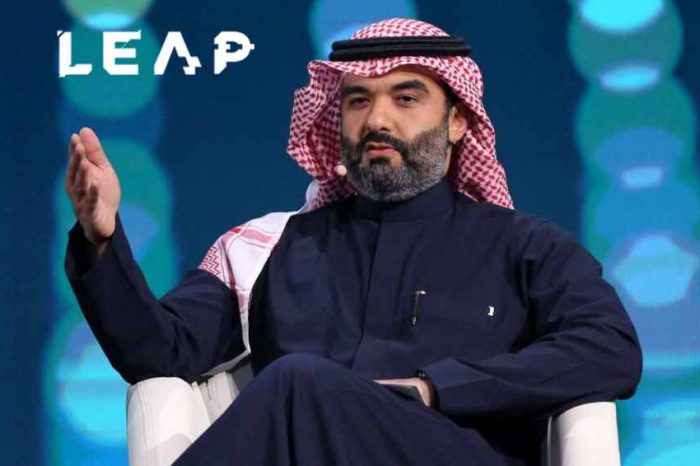Google panics over ChatGPT; CEO issues code red in an internal memo

Artificial Intelligence has become a global phenomenon, thanks in part to the popularity of OpenAI ChatGPT. In just two months, ChatGPT reached 100 million monthly active users in January, making it the fastest-growing consumer application in history. The sudden success of ChatGPT has led search giant Google to issue a code red. But is ChatGPT really a threat to Google?
According to a report by CNBC, citing an internal companywide memo seen by the publication, Google CEO Sundar Pichai told employees that it will need all employees to test its AI chatbot, Bard, “in the spirit of an internal hackathon.” Pichai also said that the company would soon begin enlisting developers and enterprises to test an API based on the same underlying LaMDA technology.
LaMDA, short for “Language Model for Dialogue Applications,” is a ChatGPT competitor and Google’s latest research breakthrough that can engage in a free-flowing way on a seemingly endless number of topics with the potential to “unlock more natural ways of interacting with technology and entirely new categories of helpful applications.”
Meanwhile, OpenAI continues to ride on the success of ChatGPT. Last week, the company announced it was launching ChatGPT Plus, a $20 per month pilot subscription plan for its popular AI-powered chatbot.
The popularity of ChatGPT has put more pressure on Google as employees and investors are asking the search giant to come up with an answer to ChatGPT. The internal memo comes just a day after Pichai said in a blog post that Bard’s responses will need to be rigorously tested so they meet a “high bar for quality, safety, and groundedness in real-world information.”
“Next week, we’ll be enlisting every Googler to help shape Bard and contribute through a special company-wide dogfood,” Pichai wrote in the email to employees that was viewed by CNBC. “Dogfood” is a term used within companies to refer to a practice that includes using one’s own product before launching it.
“We’re looking forward to getting all of your feedback — in the spirit of an internal hackathon — more details coming soon,” he wrote.
In his note to employees, Pichai also said that search boss Prabhakar Raghavan will be “sharing progress” at an event in Paris later this week.
On January 23, Microsoft announced a new multi-billion dollar investment in ChatGPT-maker OpenAI following the $1 billion investment the software giant made in 2019. Microsoft declined to provide a specific dollar amount. However, as we reported earlier in back January, Microsoft was in talks to invest $10 billion in exchange for a 49% stake in the company. ChatGPT said it costs $3 million per day to run and may not be an economically viable alternative to a search engine that is searched by billions of users per day.
As part of its investment in OpenAI, Redmond-based Microsoft is reportedly planning to integrate ChatGPT into its Bing search engine that will use ChatGPT to answer users’ search queries.
“It’s early days, we need to ship and iterate and we have a lot of hard and exciting work ahead to build these technologies into our products and continue bringing the best of Google Al to improve people’s lives,” Pichai wrote in his note to employees Monday. “We’ve been approaching this effort with an intensity and focus that reminds me of early Google — so thanks to everyone who has contributed.”
Pichai also pitched the idea of letting developers and businesses build their own apps and products using the same underlying technology, LaMDA through its API.
“Next month, we’ll start onboarding individual developers, creators and enterprises, to try generative language APIs (application programming interface) initially powered by LaMDA, with a range of models to follow,” Pichai’s email stated. “Over time, our goal is to create a suite of tools and APIs that will make it easy for others to build more innovative applications with Al.”
Since its launch about two months ago, ChatGPT has impressed many experts with its writing ability, proficiency in handling complex tasks, and its ease of use. Before this announcement, ChatGPT was free to use but Altman said the company will at some point charge people to use the chatbot that many said could one day potentially replace humans.
Open AI is a research institute founded in late 2015 by Elon Musk and Sam Altman and 20 others including Greg Brockman, Ilya Sutskever, and Wojciech Zaremba. In 2018, Musk stepped down from OpenAI’s board of directors to avoid future conflicts of interest with Tesla’s self-driving car research. Both Musk and Altman said they were motivated to start OpenAI in part by concerns about existential risk from artificial general intelligence.




